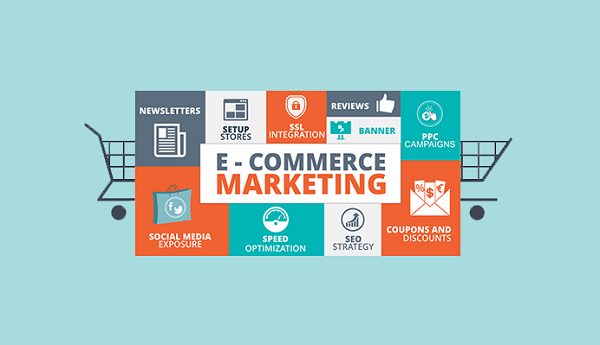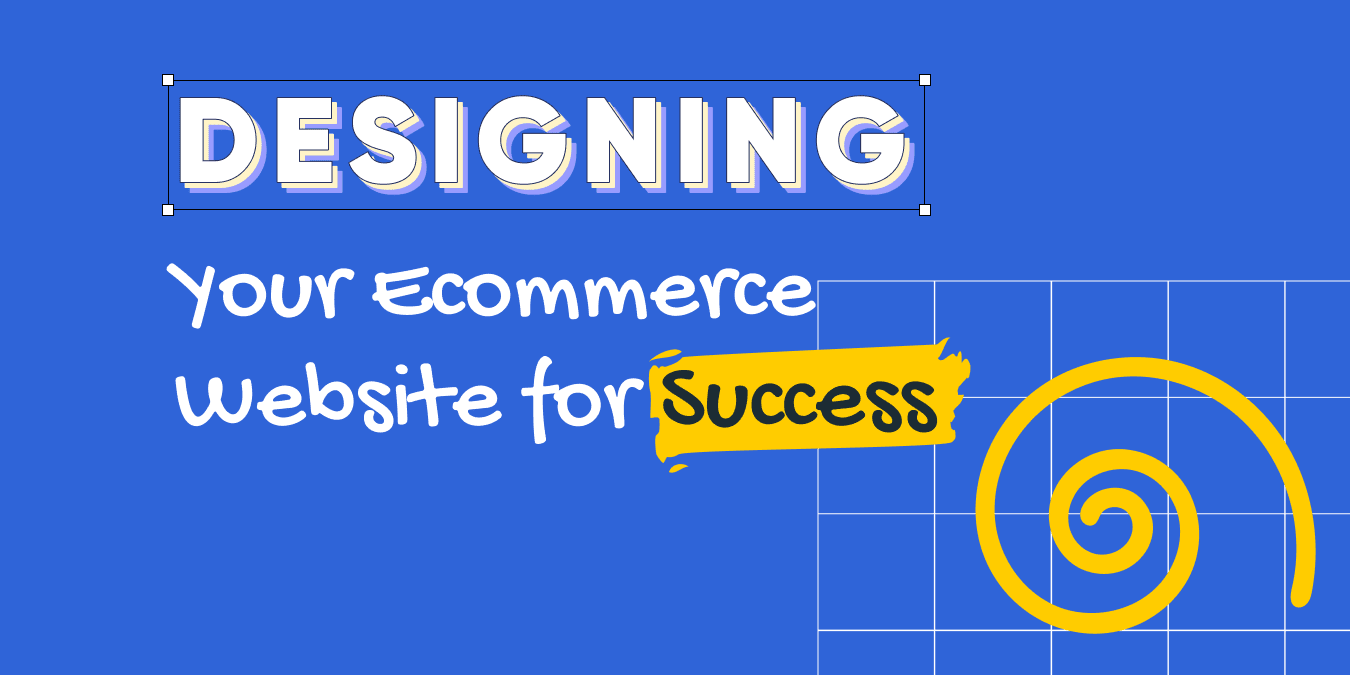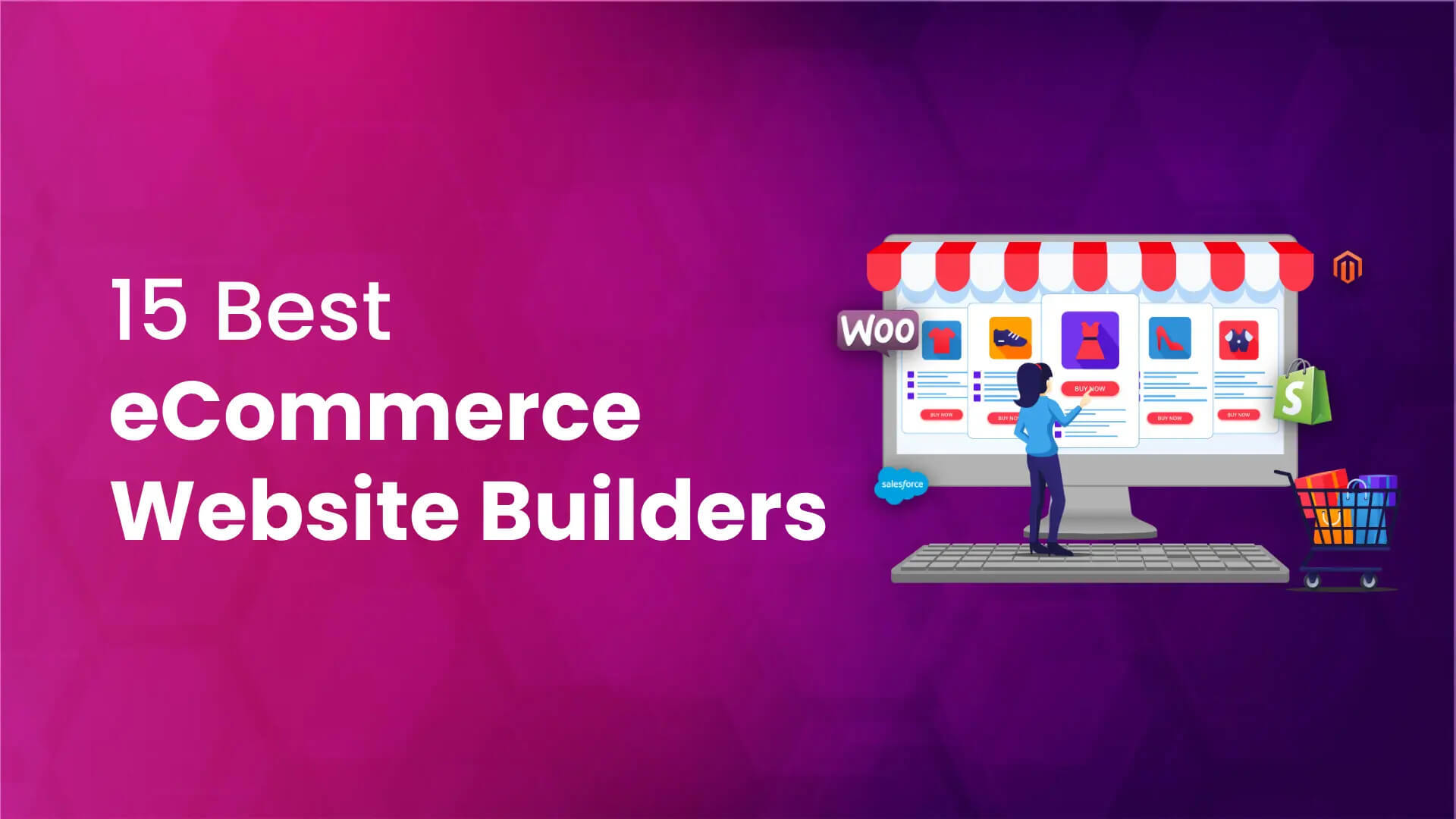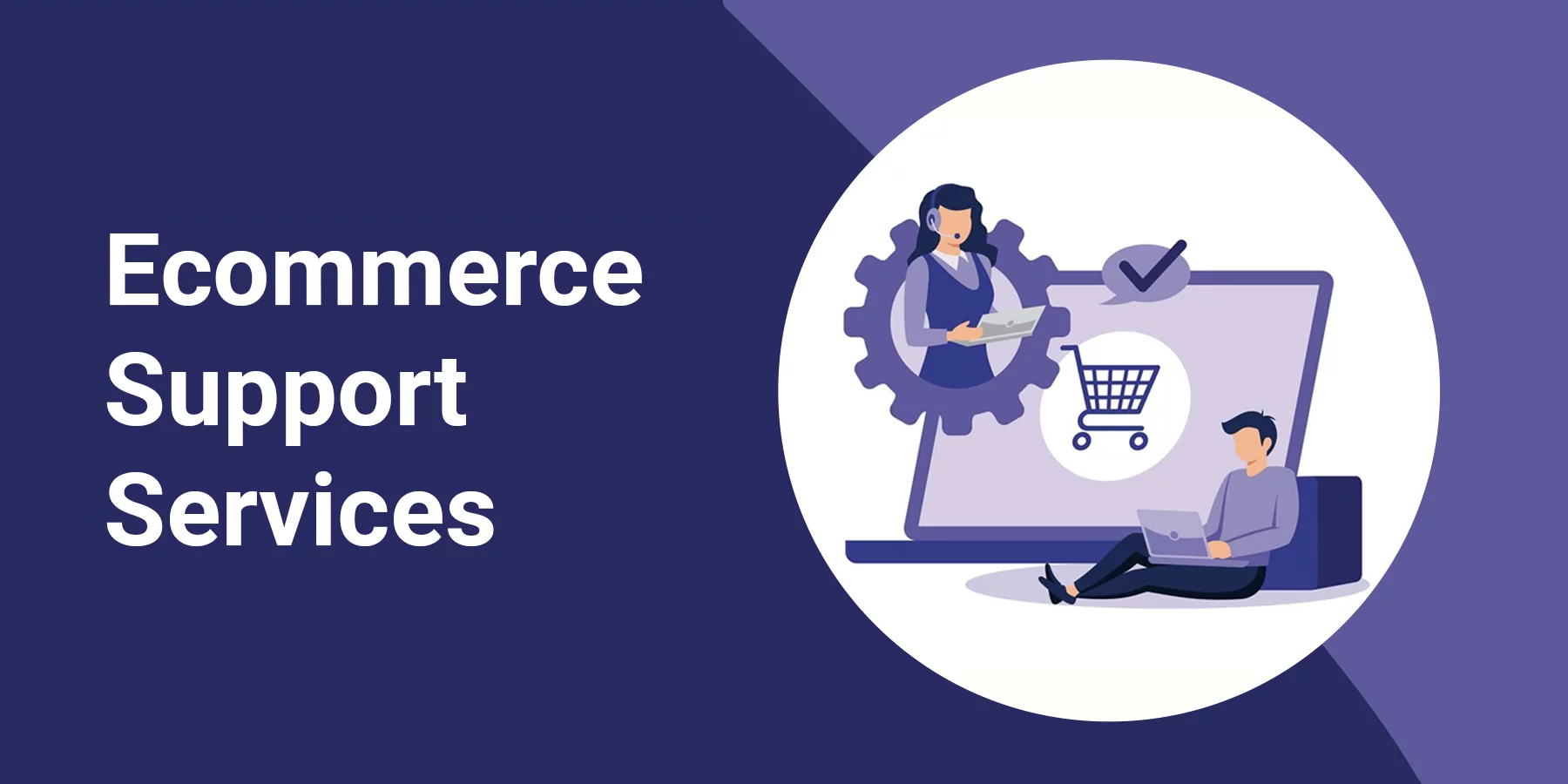E-commerce marketing involves promoting products and services online to attract and convert customers. It encompasses various strategies and tactics designed to increase brand visibility, drive traffic to your online store, and ultimately boost sales.
Key E-commerce Marketing Strategies
- Search Engine Optimization (SEO): Optimizing your website to rank higher in search engine results pages (SERPs) for relevant keywords.
- Pay-Per-Click (PPC) Advertising: Running targeted ads on search engines like Google and social media platforms.
- Content Marketing: Creating valuable and engaging content, such as blog posts, articles, and videos, to attract and inform your target audience.
- Social Media Marketing: Utilizing social media platforms to connect with customers, build brand awareness, and drive traffic to your online store.
- Email Marketing: Building and nurturing an email list to send targeted promotions and updates to your customers.
- Influencer Marketing: Partnering with influencers in your niche to promote your products or services to their followers.
- Affiliate Marketing: Partnering with affiliates to promote your products or services in exchange for a commission.
- Remarketing: Retargeting website visitors with ads to encourage them to return and complete a purchase.
Best Practices for E-commerce Marketing
- Know Your Target Audience: Understand your ideal customers’ needs, preferences, and buying behavior.
- Create a Strong Brand Identity: Develop a consistent brand message and visual identity.
- Optimize Your Website: Ensure your website is user-friendly, mobile-responsive, and optimized for search engines.
- Provide Excellent Customer Service: Respond promptly to customer inquiries and address issues effectively.
- Track and Analyze Results: Use analytics tools to measure the effectiveness of your marketing campaigns and make data-driven decisions.
E-commerce Marketing Trends
- Voice Search: Optimizing for voice search queries to cater to the growing popularity of voice-activated assistants.
- Artificial Intelligence (AI): Using AI-powered tools for personalized product recommendations, customer service, and marketing automation.
- Social Commerce: Integrating social media platforms with e-commerce to enable seamless shopping experiences.
- Live Streaming: Leveraging live streaming platforms to showcase products, interact with customers, and drive sales.
- Augmented Reality (AR): Using AR technology to provide interactive and immersive shopping experiences.
By implementing these strategies and staying up-to-date with the latest trends, you can effectively market your e-commerce business and achieve your sales goals.














Leave a Reply